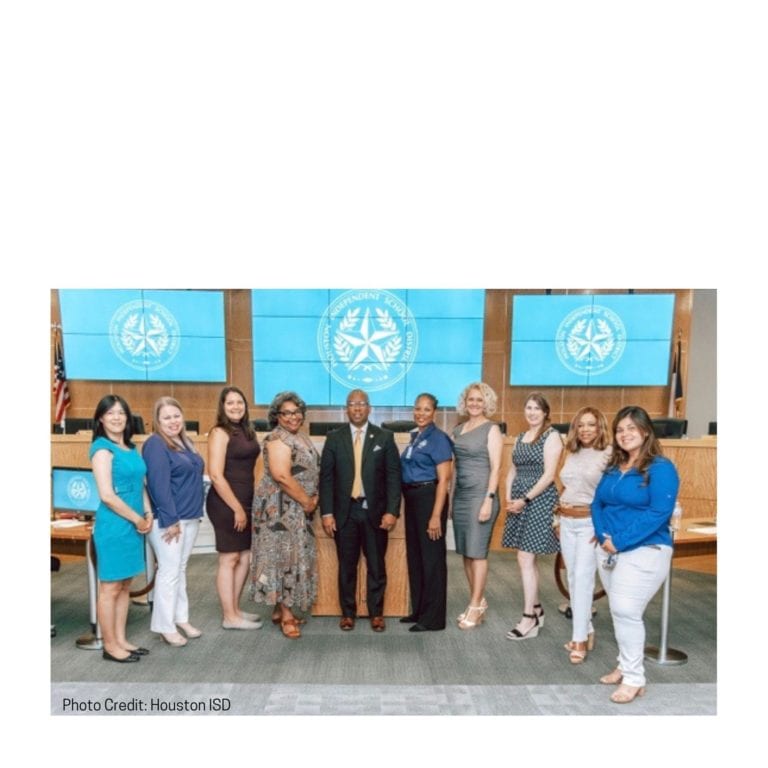By Contributing Writer, Tami V. Allen, MS, LPC
There are many benefits to counseling other than addressing conflict and crisis. Therapy, in general, is for every individual and occasionally, individuals may need therapy for self-improvement. Whether looking to improve the quality of the relationship at a critical turning point or feeling hopeless, here are the most common reasons/benefits for seeking relationship counseling.
1. Communication – Improved communication can lead to improved intimacy when the couple learns how to speak openly and actively listen to what the other person is saying. By learning new communication skills, you have the opportunity to get out of the “crazy cycle” and restore the intimacy in the relationship.
2. Infidelity – A therapist can provide insight and clarity about the current state of the relationship and how it got to this point. The therapist facilitates the healing journey which requires honesty, transparency, and behavioral changes to restore trust.
3. Premarital – There are many topics that couples need to discuss before marriage such as finances, roles of each partner, future personal and joint goals, family planning, household chores, sex, and family histories.
4. Sex and Intimacy – To improve intimacy, the therapist will help each individual identify their love language and that of their partner so that each can utilize them in their actions together. Understanding and incorporating your partner’s love language has the potential to improve your physical, emotional, spiritual, and sexual relationship with each other.
5. Trust and Trauma – When trust issues exist, so does a wall that makes it challenging to be open and vulnerable with your partner. Therapy can help you identify the origins of the trust/trauma issues that are impacting the relationship with your partner.
6. Outside Factors – Outside factors can include but are not limited to in-laws, friends, separate hobbies, job stressors, and even children.
7. Step-Parenting & Co-parenting – Depending on the level of recovery from the past relationships, it can be helpful to bring both families together for the therapist to support and guide everyone through the change. The therapist serves as a neutral party to help make a smooth transition so that all parties are on the same page for the sake of the children.
8. Navigating Life Decision – Deciding where to live, job change, expanding the family, returning to school, etc., are decisions that impact both parties. The therapist will help identify the concerns and needs of both parties and help the couple make decisions that are in the best interest of the relationship.
9. Divorce – While divorce can feel like a failure, parting ways amicably and working together as co-parents can turn out to be successful with the right skills and tools. You can also learn how to discuss things with your children and family.
Deciding to start therapy can be difficult. However, scheduling the first appointment shows commitment to improving the relationship and yourself. You don’t have to be in crisis for marriage counseling to feel beneficial, and you will ultimately gain more tools and skills to use in your relationship.
My goal as a therapist is to work with individuals and couples to help bridge the gaps in your interpersonal development that subsequently affects your relationships.
For more information about me and my services, please visit my website at www.AllenCounselingGroup.com. You can also reach me by email at Tami@AllenCounselingGroup.com or by phone at (713) 597-4499.
Like and follow the Allen Counseling Group on social media:
FB: @AllenCounseling2017
IG: @AllenCounselingGroup
Twitter: @CounselingAllen
Source: goodtherapy.org








